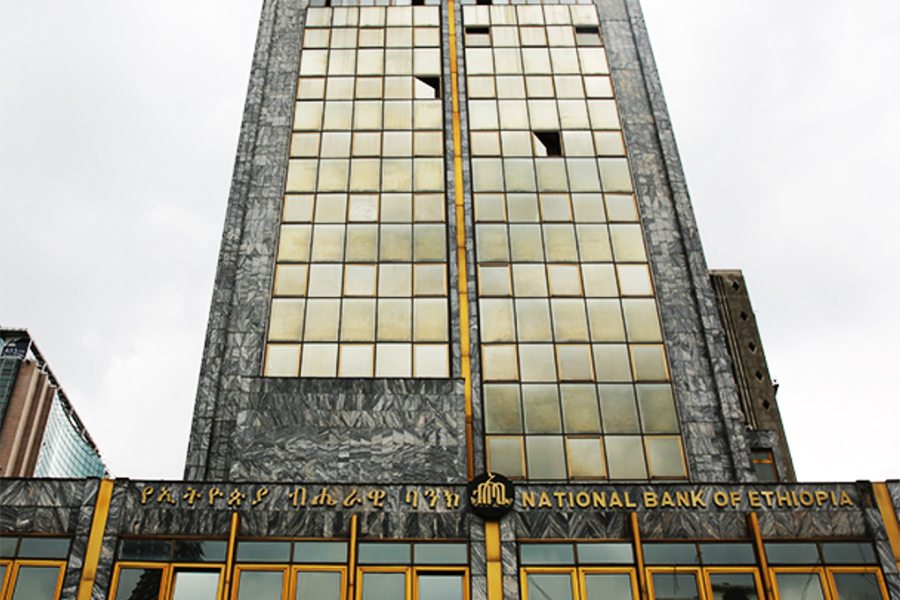
Fortune News | Sep 30,2021
Nov 27 , 2018
Addis Abeba is home to tens of thousands of homeless adults and children, who are the best indicators of the wealth inequality within the city. But neither the public, which is largely tolerant, or the government gives them much attention, Ambessaw Assegued (assegued@anfilo.com).
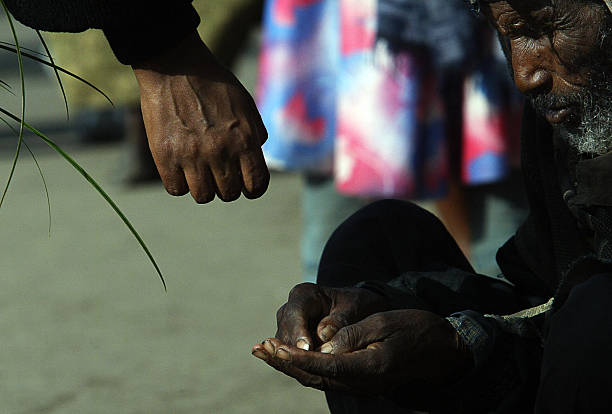 Addis Ababa, ETHIOPIA: A beggar is seen on the ground near the Tekle-Hymanot church, 12 June 2005 in the Addis Katema district of the Ethiopian capital Addis Ababa. In a historic deal, the world's leading industrial nations have agreed to immediately write off all multilateral debt owed by 18 of the world's poorest countries, most of them in Africa, amounting to 40 billion dollars (33 billion euros). AFP PHOTO MARCO LONGARI (Photo credit should read MARCO LONGARI/AFP/Getty Images)
Addis Ababa, ETHIOPIA: A beggar is seen on the ground near the Tekle-Hymanot church, 12 June 2005 in the Addis Katema district of the Ethiopian capital Addis Ababa. In a historic deal, the world's leading industrial nations have agreed to immediately write off all multilateral debt owed by 18 of the world's poorest countries, most of them in Africa, amounting to 40 billion dollars (33 billion euros). AFP PHOTO MARCO LONGARI (Photo credit should read MARCO LONGARI/AFP/Getty Images) The beggar is a venerated species in Ethiopia. The public space is open and available to the mendicant and the drifter alike without bias. There are few, if any, scriptures of the law that forbids, for instance, a middle-aged man from prostrating himself astride the pavement in front of Black Lion Bar and Restaurant every morning in Piassa.
The man arrives at his post as regular as a banker, lays out a crumpled piece of soiled plastic sheet to the side, his begging bowel, apparently; and stretches down full length on his back and ostensibly goes to sleep. His arms folded on his chest, his eyes closed with nary a flicker of movements. He remains in that position for hours, unperturbed by the hassle and bustle of taxis, buses, automobiles, peddlers, and pedestrians that create the great and deafening dissonance of the city.
There are no complaints lodged against him to the authorities for the inconvenience he creates by blocking a busy pedestrian way. Instead, the uniformed enforcers of regulations in the city often stand right next to him or sit in the shades across from him in groups of threes and fours chatting amicably, oblivious to the figure of the tall man lying nonchalantly beneath their feet.
Addis Ababa, ETHIOPIA: A beggar is seen on the ground near the Tekle-Hymanot cchurch, 12 June 2005 in the Addis Katema district of the Ethiopian capital Addis Ababa. In a historic deal, the world's leading industrial nations have agreed to immediately write off all multilateral debt owed by 18 of the world's poorest countries, most of them in Africa, amounting to 40 billion dollars (33 billion euros). AFP PHOT MARCO LONGARI (Photo credit should read MARCO LONGARI/AFP/Getty Images)
Occasionally, someone will drop a coin down to him, but otherwise, no one seems to notice or care about this unusual begging style. He is a different breed, however, form the usual supplicants that crowd the city. Different from a group of blind beggars who harmonize hymns and keep the beat by clapping; or the determined woman who sits on Benin Street in Dejach Webe Sefer, begging all day, shielding herself from the mid-day scorching sun with a tattered umbrella. The woman, past her flash of youth, entreats for alms in a shrill voice, never faltering from her crouching position where she rests on a piece of concrete slab.
Begging in every form is tolerated and accepted in Ethiopia. It does not carry with it the same level of shame and embarrassment that the West attaches to it, nor is there a debate on its legality or constitutionality as a form of protected speech and free expression. Those are luxurious attributes of the Western world, where begging is not associated with subsistence, but with the excesses of drug addictions and eccentricities of modern life.
Unlike the West, begging is viewed sympathetically by most Ethiopians and almsgiving is considered a moral duty. Also, beggars are excused, for they are believed to have found themselves in their reduced conditions by fate, not as a result of their personal failures.
“Ethiopia will try to remove tens of thousands of beggars from the streets of Addis Abeba to create a more "conducive" atmosphere for the coming Millennium celebrations,” reads a 2007 Reuters article referring to the hoopla city officials were raising a decade ago.
More than 10 years on, the city still teems with all manner of beggars. There are numerous priests who solicit funds to build churches in some remote area using megaphones. There are plentiful vans that carry terminally ill people and collect charitable money from passers-by and beg through loudspeakers, announcing in excruciating details the conditions of the sick person in their cargo; cancerous wounds and horrifying disfigurements are put in full display as supplicatory tools; young mothers with toddlers and infants camp on the pavements begging; and children, orphaned and otherwise, swarm the boulevards in staggering numbers looking for alms.
The government has shown that it is incapable of halting the scale of migration to the urban streets, primarily caused by its own misguided land policies. It has also failed to provide the safety net needed to help those who slide into homelessness and beggary to bounce back to self-sufficiency.
The efforts to eliminate poverty have shown mixed results. According to a 2015 UNDP Human Development Report, Ethiopia’s human development index value was 0.448 putting it in the low human development category and ranked 174th out of 188 countries. In a policy blindly implemented by the Dergue and then followed by the EPRDF, rural land and urban properties were nationalized, denying Ethiopians the means of capital creation using their own land and properties as collateral. In effect, this government policy disfranchised and condemned a large population to destitution, particularly those displaced from their home and farms by large-scale industrial park development and urban expansions. It has forced huge migrations to urban centers where poverty patently shows its devastating effects on venerable populations of children, women, the elderly, the disabled and the disfranchised.
The government often resorts to the same old and tired ideas of the past in dealing with the poor and beggars on the streets - mass evacuations. There was the February 2003 roundup when beggars mysteriously disappeared from streets of Addis Abeba on the eve of the annual African Union summit in the capital as reported by the Irish Times.
But then again, beggars were rounded off the city streets during the first summit of the Organization of African Union in 1963 under the regime of Emperor Haile Selassie. During the Dergue, mass removal of the homeless and the vulnerable caught in regular dragnets around the city was common. But what has happened in the intervening years since the fall of the Dergue feels as if we are recycling the same problems, the same solutions, studies, programs, directives, circulars, foreign aid, international assistance and applying tepid attempts to tackle poverty. It is déjà vu all over again!
It is to be hoped that the new mantle of hope in the age of Abiymania will bring about meaningful solutions for the problem of vagrancy in the capital and the new administration will focus on land reforms to tackle poverty.
PUBLISHED ON
Nov 27,2018 [ VOL
19 , NO
970]


Fortune News | Sep 30,2021
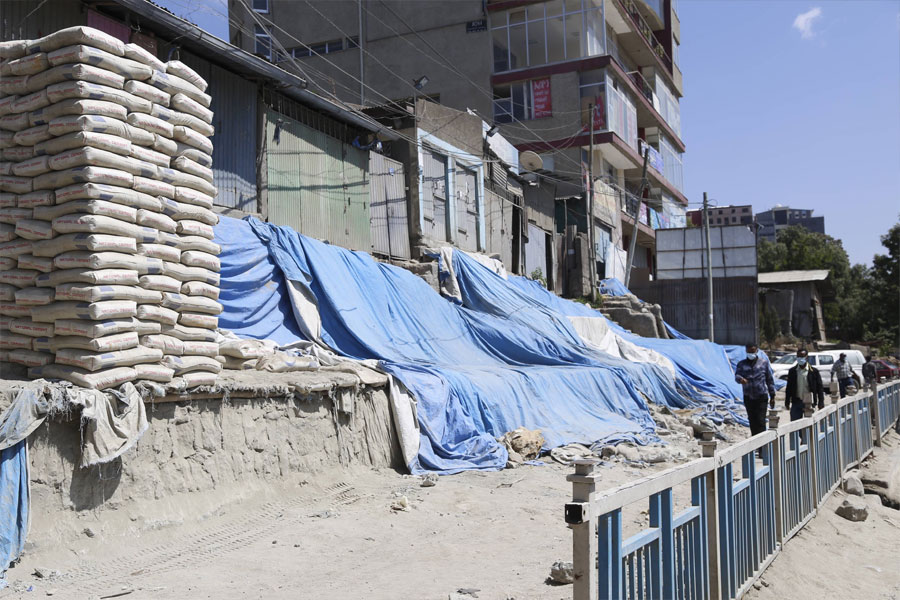
Fortune News | Jul 24,2021

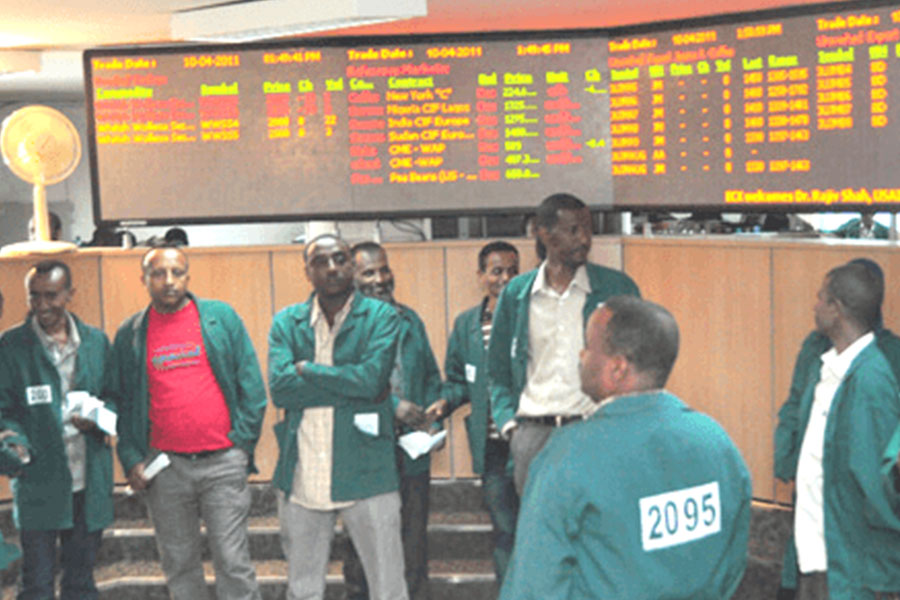
Fortune News | Aug 20,2022

Radar | Oct 17,2020

Fortune News | Jun 20,2020

Editorial | Mar 20,2021

Radar | Mar 30,2019

Commentaries | Jan 01,2022
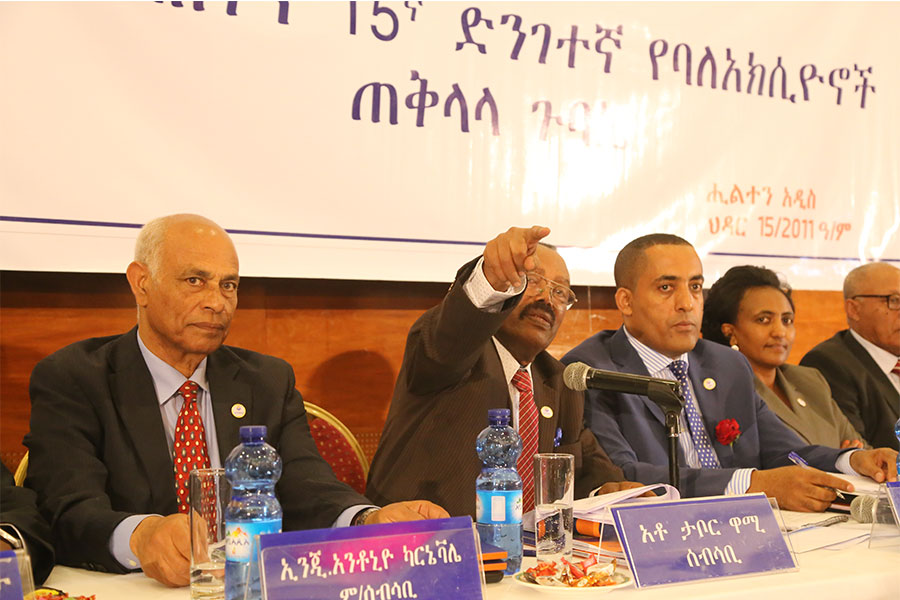
Fortune News | Jan 19,2019

Dec 22 , 2024 . By TIZITA SHEWAFERAW
Charged with transforming colossal state-owned enterprises into modern and competitiv...

Aug 18 , 2024 . By AKSAH ITALO
Although predictable Yonas Zerihun's job in the ride-hailing service is not immune to...

Jul 28 , 2024 . By TIZITA SHEWAFERAW
Unhabitual, perhaps too many, Samuel Gebreyohannes, 38, used to occasionally enjoy a couple of beers at breakfast. However, he recently swit...

Jul 13 , 2024 . By AKSAH ITALO
Investors who rely on tractors, trucks, and field vehicles for commuting, transporting commodities, and f...

Oct 25 , 2025
The regulatory machinery is on overdrive. In only two years, no fewer than 35 new pro...

Oct 18 , 2025
The political establishment, notably the ruling party and its top brass, has become p...

Oct 11 , 2025
Ladislas Farago, a roving Associated Press (AP) correspondent, arrived in Ethiopia in...

Oct 4 , 2025
Eyob Tekalegn (PhD) had been in the Governor's chair for only weeks when, on Septembe...